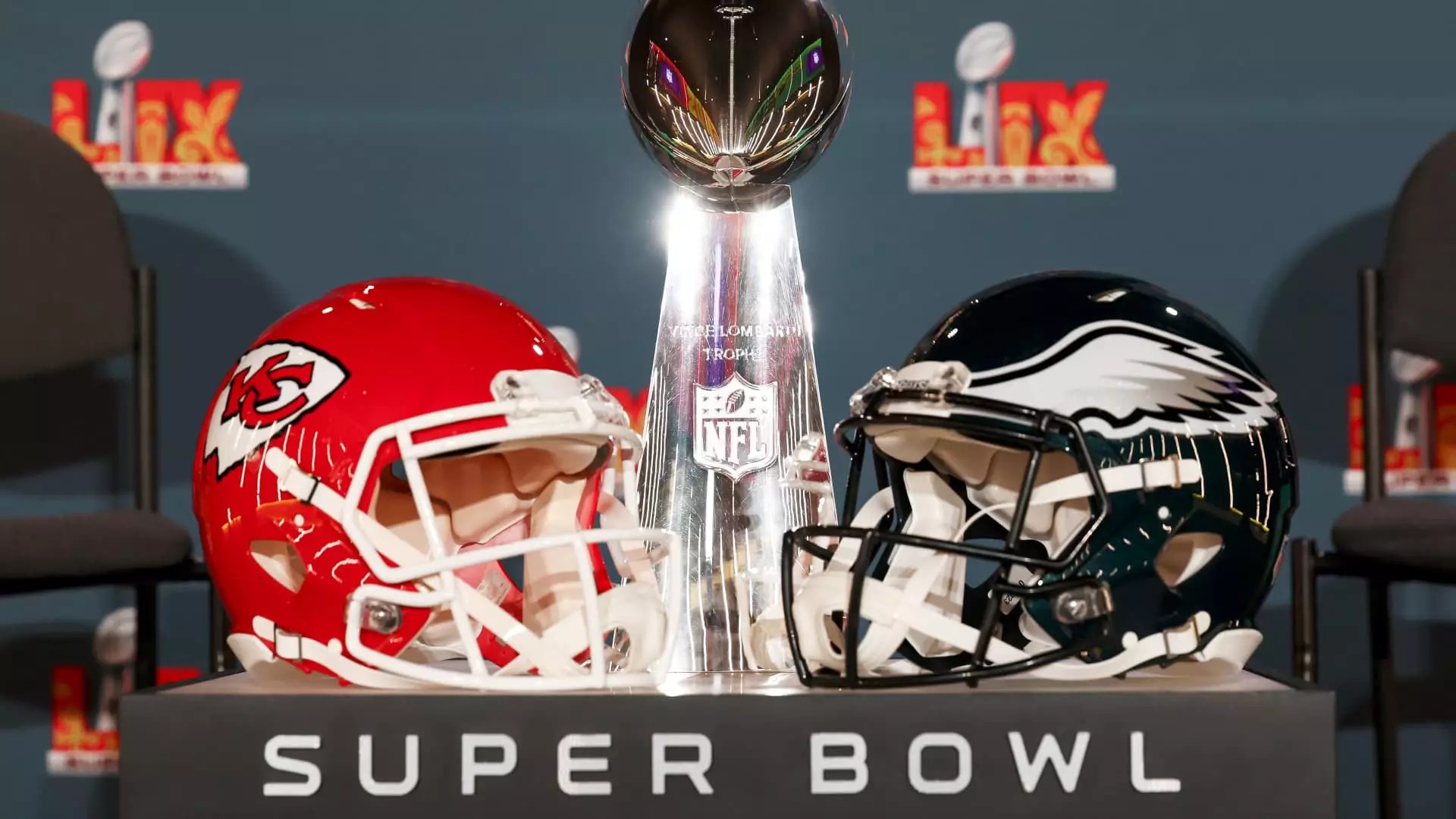The recent crackdown by the NFL on resale violations reveals a troubling reality: even revered institutions cannot escape the corrosive influence of greed. When players, coaches, and club employees exploit their positions for profit, the integrity of the game suffers. The NFL’s decision to impose hefty fines and revoke future ticket privileges sends a clear message—to professional loyalty must be tempered with accountability. However, whether this crackdown alone suffices to restore public confidence or is merely a symbolic gesture remains a question worth dissecting. It’s a testament to how deeply embedded commercial interests have become, blurring the lines between passion and profit in sports.
A Shift Toward Accountability — But Is It Enough?
The league’s move to fine over 100 players and a significant number of staff indicates an encouraging step toward holding individuals responsible. These measures reflect an understanding that allowing resale profiteering undermines fairness and fans’ trust. Yet, critics could argue that such fines are mere slaps on the wrist—penalties that do little to address the systemic incentives fueling this misconduct. The NFL’s approach appears reactionary rather than transformative, with increased penalties for future violations hinting at a recognition of ongoing issues. The question remains: are fines and temporary bans effective deterrents, or do they simply serve as window dressing in a system that repeatedly rewards the top echelons of the sport financially?
The Underlying Culture of Commercialization
At its core, the scandal exposes a broader malaise in professional sports — the relentless pursuit of profit at the expense of core values like fairness and loyalty. The NFL’s stance, condemning the resale of tickets for personal gain, underscores a cultural tension: should athletes and personnel be permitted to capitalize on their association with the league, or should their roles be rooted in integrity over income? While commercial viability is integral to the sport’s growth, it should not be a free pass for individuals to exploit access for personal enrichment. The league’s efforts to boost compliance training before Super Bowl 60 are a step in the right direction, but true change demands a shift in the corporate mentality that values short-term gains over long-term reputation.
Ultimately, this crackdown highlights the troubling reality that, in professional sports, greed often trumps integrity. While the NFL’s actions may temporarily quell the resale issue, the underlying appetite for profit among insiders persists, raising the question of whether the sport’s economic engines can ever prioritize fairness over financial opportunity. For fans, this story is less about the fines and more about the ongoing battle to reclaim the sport’s soul from those who seek to exploit it for personal profit. As long as the incentives remain skewed, the gap between the league’s ideals and the realities of the commercial sports industry will continue to widen.


Leave a Reply